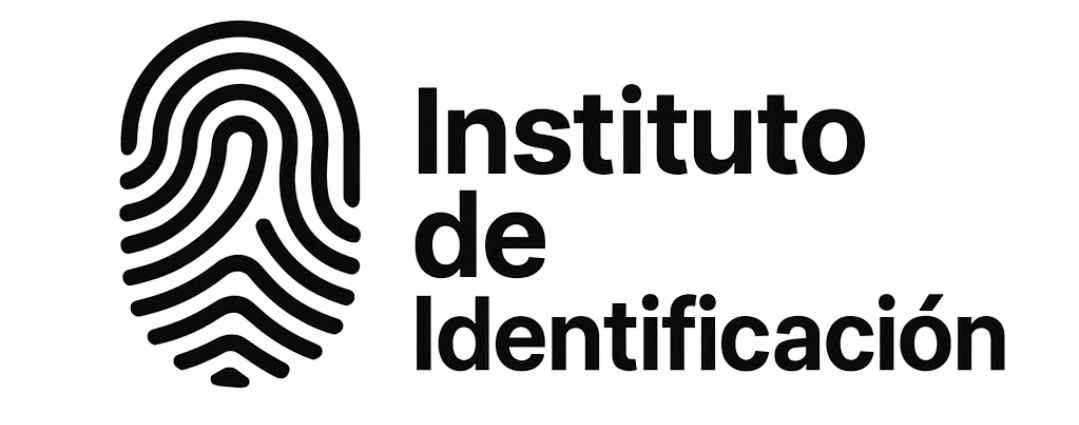Credit cards are a central part of modern financial life.
More than just a payment method, they are tools that can build your financial future, offer rewards, and provide a safety net. However, to fully leverage their benefits, it’s crucial to understand how they work.
This guide is designed to be your starting point. We will answer the most common questions about credit cards, from the basics to smart usage strategies, so you can make informed and secure decisions.
1. What Is a Credit Card and How Does It Work?
Think of a credit card as a short-term loan from a financial institution. Instead of using money from your bank account, you borrow from the bank up to a pre-approved limit. At the end of the month, you receive a bill with the total amount spent, and you have the option to pay it all at once or a portion of the balance (which accrues interest).
2. Credit Card vs. Debit Card: What’s the Difference?
The main difference lies in the source of the money. A debit card withdraws funds directly from your bank account. A credit card uses the bank’s credit limit. This distinction is fundamental, as credit cards allow you to build a credit history and offer protections and rewards that debit cards generally do not.
3. What Are the Real Benefits of Using a Credit Card?
When used responsibly, the benefits are significant:
- Credit Building: Punctual and conscious use is one of the most effective ways to build a good credit score, which is essential for future financing.
- Security: They offer greater fraud protection than cash or debit. If your card is cloned, the bank’s money is at risk, not yours.
- Rewards: Many cards offer cashback, airline miles, or points that can be redeemed for products and services.
- Financial Flexibility: They act as an emergency fund for unexpected expenses.
4. How Do I Choose the Ideal Credit Card for Me?
The right choice depends on your profile. Consider these factors:
- Interest Rates (APR): Especially important if you plan to carry a balance.
- Annual Fee: Some cards charge an annual fee. Evaluate whether the benefits outweigh the cost.
- Rewards Program: Choose a card whose rewards align with your biggest spending categories (e.g., groceries, travel, gas).
- Additional Benefits: Check for travel insurance, extended warranties on products, etc.
5. How Can Credit Card Interest Affect Me?
Interest is charged on any balance you don’t pay by the due date. This is the primary way card issuers make a profit and can become a financial trap if not managed. The best practice is to always pay the bill in full. If that’s not possible, pay as much as you can to minimize interest.
6. How Do I Build a Good Credit History?
Building credit is a process. The two golden rules are:
- Pay your bills on time: Punctuality is the most important factor.
- Keep your utilization low: Try to use less than 30% of your total credit limit. This shows lenders that you don’t rely excessively on credit.
7. What Happens If I Miss a Payment?
If you miss a payment, act quickly. Pay at least the minimum amount immediately to avoid more penalties and contact the card issuer. If it’s your first time, they might waive the late fee. Consistent late payments seriously damage your credit score.
8. Does Closing a Credit Card Hurt My Score?
Yes, it can. Closing a card, especially an old one, reduces your total available credit (which can increase your utilization rate) and shortens the average age of your credit history. Instead of closing an unused card, consider keeping it active with a small, occasional purchase.
9. How Can I Protect Myself from Fraud?
Fraud happens, but you can protect yourself. Monitor your statements regularly, use strong passwords, and shop only on secure websites (look for “https://”). Most cards offer robust fraud protection, limiting your liability for unauthorized transactions.
10. What Is a Balance Transfer?
It’s the process of moving debt from a high-interest credit card to another with a low or zero promotional interest rate for a set period. It’s a useful strategy for saving money on interest while you pay off a debt, but be aware of any transfer fees.
Mastering the use of credit cards is an essential financial skill. By understanding their mechanisms, benefits, and risks, you transform a simple piece of plastic into a powerful tool for achieving your goals. With the knowledge from this guide, you are better prepared to navigate the world of credit with confidence and build a more secure and prosperous financial future.
